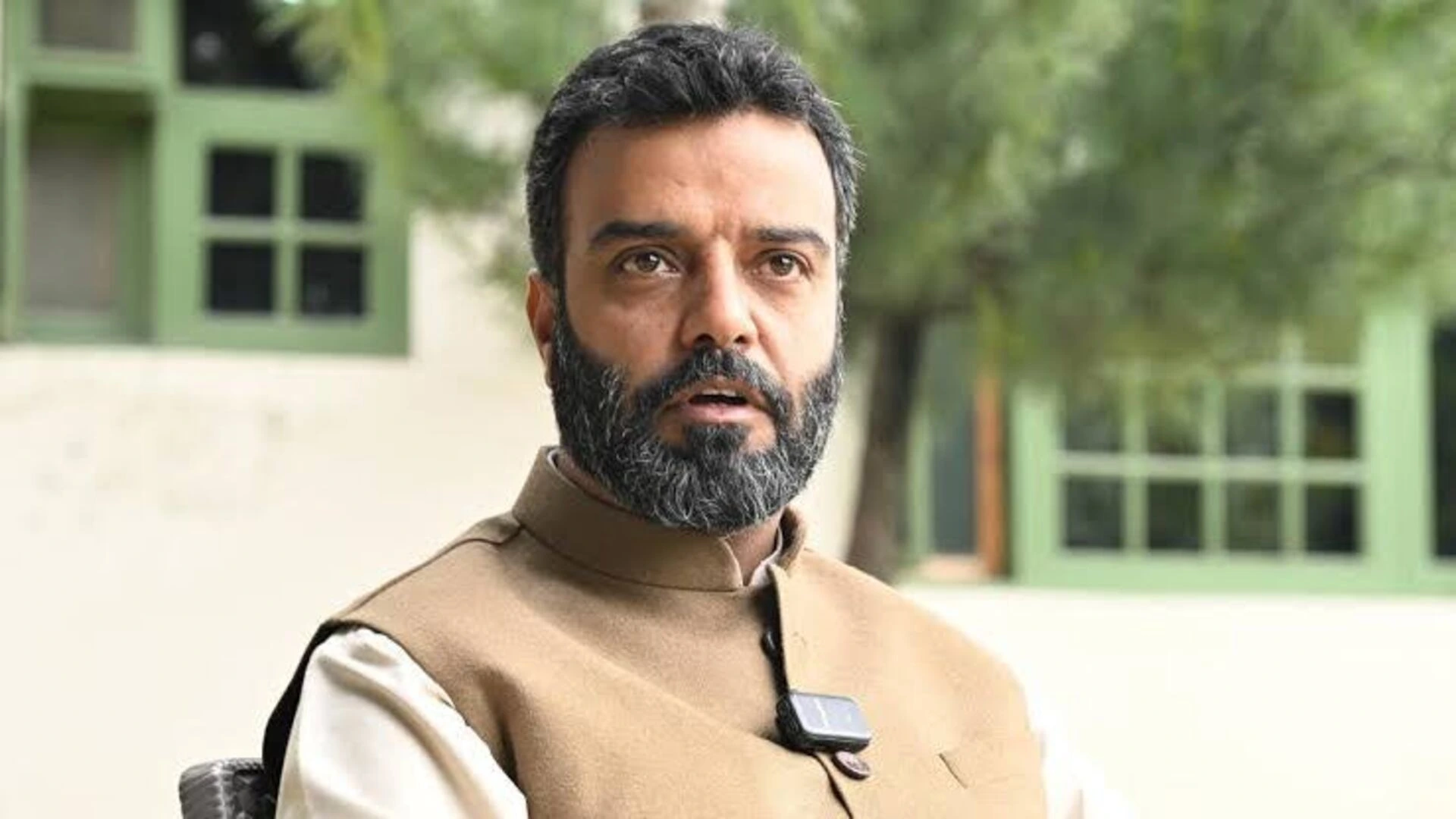Taking care of the climate and the environment is the most important issue in today’s world. The flexibility that the process of Arbitration provides is an ideal platform to accomplish disputes in relation to climate change when supported by the correct legislation. The changing weather conditions all around the world has made it obvious that global warming has been increasing rapidly.


Environmental change is a worldwide, mind-boggling and non-individualistic marvel, concern and issue, which affects everyone worldwide. Steps are being made globally to receive substantial strategies that will change the direction of the effects of an Earth-wide temperature boost on rising ocean levels and environmental limits. Environmental change has arisen as an important factor in various prominent dispute questions lately. Those questions range from the business to the individual, to the public interest: from debates emerging out of alternative arrangements for the exchange of the old arrangement of “discharge decrease units”, to cases managing individual property harm brought about by environmental change-related occasions; to claims asking governments to accomplish more to forestall environmental change. Most (if not the entirety) of these cases are being managed through the process of litigation and not arbitration as such.
While policymaking on environmental change should be improved by lawmakers, courts and arbitral councils likewise have a task to carry out. Environmental change debates are a developing pattern and will probably multiply later on, while questions may likewise emerge with respect to the right translation and use of environmental change-related enactment.
Settling environmental change-related disputes through assertion has been a significant mark of conversation in the field of arbitration for as long as a couple of years. Although the Report doesn’t prescribe any corrections to the current ICC arbitrational structure, it gives direction and recommends test phrasing for a few situations. These suggestions also cover some of the guidelines that will benefit the environment too. Curiously, a portion of these suggestions are adjusted and covered with those contained in, for instance, The Hague Rules on Business and Human Rights Arbitration, December 2019.
Since the establishment as well as the adoption of the Paris Agreement in 2016, organizations have attempted to conform to the expanding guideline of emanations. Worldwide discretion and elective question goal. ADR is progressively turning into the decision for organizations in successfully settling environmental change-related debates. The Paris Agreement has been promoting the investment Arbitration through it. While the Paris Agreement has implemented the guidelines, the same are to be obligated to others. As the importance of Arbitration is increasing worldwide, the rules attached to it will also be followed thoroughly. However, are these implementations successfully motivating the other sectors too? Will it lead to widespread obligations on the parties to follow those rules?
Settling environmental change-related disputes through arbitration has been on a rise and has acted as a significant mark of conversation in the field of arbitration for as long as a couple of years. Even though the Report doesn’t prescribe any corrections to the current ICC arbitrational structure, it gives direction, suggestions and recommends test phrasing for a few situations. However, the arbitration institutions have been taking steps for regulating climatic changes in a positive manner. It comes as a duty to protect and prevent the environment and the same is being tried to be fulfilled through the imposition of various new rules and policies. What is the connection and how can international arbitration contribute to climate change efforts? How far will these help in curbing the issue and will it lead to the sustainable development of Arbitration Institutions vis-a-vis climatic changes?
According to the report of Grantham Research Institute on Climate change and Environment, in the year 2018, there were already more than 1500 policies worldwide that deal with climate change and global warming. However, at present the situation is not better. Global warming is increasing at a higher pace. The processes and the ideas adapted by the arbitral tribunals have made it clear that the environment is equally important to be saved as compared to interest of parties. For reference, in the case David Aven v Costa Rica, an arbitral tribunal has grounded it’s reasoning in an award by stating the environment as “of fundamental importance”. Such awards are setting a benchmark for the other tribunals as well as the courts, to consider the environment as an important factor while dealing with sensitive matters.
The matters in relation to environment and climate are being given much importance to curb the issue. An example of this is the American Arbitration association which has stated “environmental issues’’ including pollution, climate change, global warming etc.and other related issues as a matter of “expertise”. By doing this, the association has initiated a step towards specialising the environment sector and looking after those disputes from the eye of an expert. This has increased the importance of such issues and has created a different sector to look after them. Similarly, ICC has created a “task force” for resolving “Climate change Related Arbitration Disputes”. ICC has shown interest in taking up such matters to help the world curb the issue of facing drastic and unexpected climatic changes. This task force will be involved in special administration of climate change issues and make them priority. This step was a necessity to create awareness about giving extra attention to the issue of climatic changes and global warming.
In recent times climate change is turning out to be perpetually significant in States’ strategies and corporate choices, arbitration is probably going to assume a significant part in settling future questions. What we need is a modern and useful examination on how these kinds of debates can be successfully settled through ICC arbitration and will give important direction to all intervention clients or the parties to dispute and courts.
Most recent step taken for preserving nature is through the Campaign for Greener Arbitration (CGA). It also won the GAR Award for best development contribution in 2020. The CGA mainly focuses on decreasing the usage of carbon footprint which will lead to carbon reduction. More than 100 arbitration practitioners have signed the CGA, which shows that the campaign will gain more force in this year. As the carbon footprints will decrease, it will also lead to better air quality. Not only the arbitration sector but, various other sectors will also get motivated to promote such campaigns. Apart from giving importance to the climate change matters or cases, these are some of the recent steps taken by the arbitration community to prevent the increment of global warming.
Further, investment Arbitration has also been investing for the good cause. One such example is the “Brexit Deal” signed by European Union and the United Kingdom. This has obligated the parties to follow the paris convention and reduce the emission of greenhouse gases. Investment Arbitration is moving towards a greener future by obligating the investors too for following the regulations that would not harm the environment. The investors as well as the Institutions have to be aware before taking any step so that they do not cause harm to the environment in any way. Also, the reduction in emission of greenhouse gases will automatically decrease the threat of global warming.
The investor- state Arbitrations are also being examined as the “green” Arbitration so that issue of the environment can be resolved along with them for a better future. This is being done to warn the investor as well as the states about their futures towards saving the environment apart from fulfilling their needs. Crucial strategies are being implemented to deal with complicated problems. This is how people will get to understand that not only environmentalists but, even the protectors of law are well aware about the process of saving humanity.
There are a plethora of ways for dispute boards in resolving the disputes related to climate-change-related issues. The process of Arbitration can provide early and efficient resolution of disputes not only this but the dispute boards can also provide a direct line of communication between the owner of a Green Climate Fund funded project and affected individuals or groups for easy and fast settlement. Early disposal of cases are themselves a pathway for curbing global warming. It will reduce the paperwork, travel, meetings that are accompanied with resources that emit harmful gases. Arbitration has been giving a pathway to a greener and healthier environment indirectly since years. However, the steps that are now being taken are like the cherry on the cake.
The strictness in the investor- state Arbitration is majorly promoting the domestic environment protection too. While going through the process of dealing with arbitration, it will be well known to the investors that they need to follow some of the rules for the protection of the environment. As stated by the President of International Bar Association at an international conference that arbitration will play a major role in curbing the issue of global warming by implementing rules and regulations on corporations for environmental protection, the same is being done through various steps, as mentioned above. “The ways that are being used to resolve climate disputes through international arbitration by implementing treaties on parties, is a pathway to protection of the environment”, as stated by the President of IBA. This is how arbitration is making it possible to achieve sustainable goals.
Dealing with the issue of global warming today through the treaties and obligations will not only make the environment greener but will also promote sustainable development goals. It will be interesting to see the rise and adaptation of CGA by more and more arbitrators. Also, it would be a great benefit if it gets adapted by the Arbitration Institutions themselves. The set of rules and regulations being implemented will definitely help for curbing the issue of global warming. As, International Arbitration has its branches in almost every country, the steps taken by it will also be widespread.







